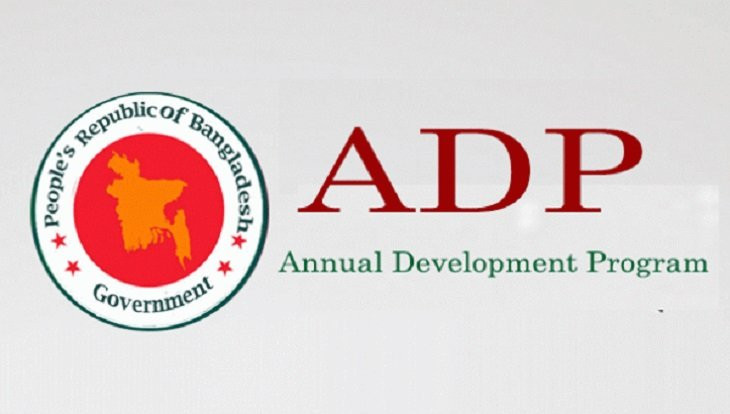
Bangladesh's interim government, led by Prof Muhammad Yunus, has adopted a "go-slow" policy on approving disbursements for projects under the Annual Development Programme (ADP).
This shift has led to the lowest ADP implementation rate in over a decade. By November 2024, only 12.29% of the ADP had been executed, a sharp decline from 17.1% in the same period of the previous fiscal year.
The ADP implementation rate for the 2023-24 fiscal year was recorded at just 81%, the lowest in four years, compared to 85.2% in 2022-23. The figure dropped further to a decade-low 12.29% in the first five months of the 2024-25 fiscal year.
The slowdown is attributed to the interim government's thorough review of ongoing and newly proposed projects, delays in fund disbursements, and many contractors abandoning projects after the government transition in August.
Planning Adviser Dr Wahiduddin Mahmud has acknowledged the low implementation rate but expressed confidence that the government would announce a revised budget by February 2024 to address this issue. He emphasised that the revised ADP would focus on completing selected projects, creating employment, and stimulating economic activity, particularly in rural areas. Without these measures, he warned, Bangladesh could face an economic recession.
Several projects initiated under the previous Awami League administration have been cancelled, including key infrastructure, health and education initiatives. Notable cancellations include rural connectivity programmes, urban modernisation schemes and energy and transport projects. The Planning Ministry justified these decisions by citing inefficiencies, lack of feasibility and allegations of mismanagement. Many of these projects were criticised for being approved without thorough evaluation, leading to wasted resources and suboptimal outcomes.
The cancellations of several development projects were attributed to three main factors. First, budgetary constraints driven by the global economic downturn, rising inflation, and increasing national debt have put significant pressure on the government's finances. As a result, the Planning Ministry emphasized the need to reallocate resources to more urgent areas, such as food security and climate adaptation. Second, inefficiencies and irregularities in project execution, including inflated budgets, delays, and lack of transparency, have been identified as significant issues, leading to suboptimal outcomes. Finally, the realignment of national priorities focuses on initiatives that directly contribute to economic recovery and sustainable development, with an emphasis on addressing the most pressing challenges facing the country.
Development experts have raised concerns about the potential long-term impact of slow ADP execution and cancelled projects. Key areas such as poverty alleviation, healthcare, education, and infrastructure could suffer setbacks, hindering Bangladesh's progress toward achieving its Sustainable Development Goals (SDGs).

